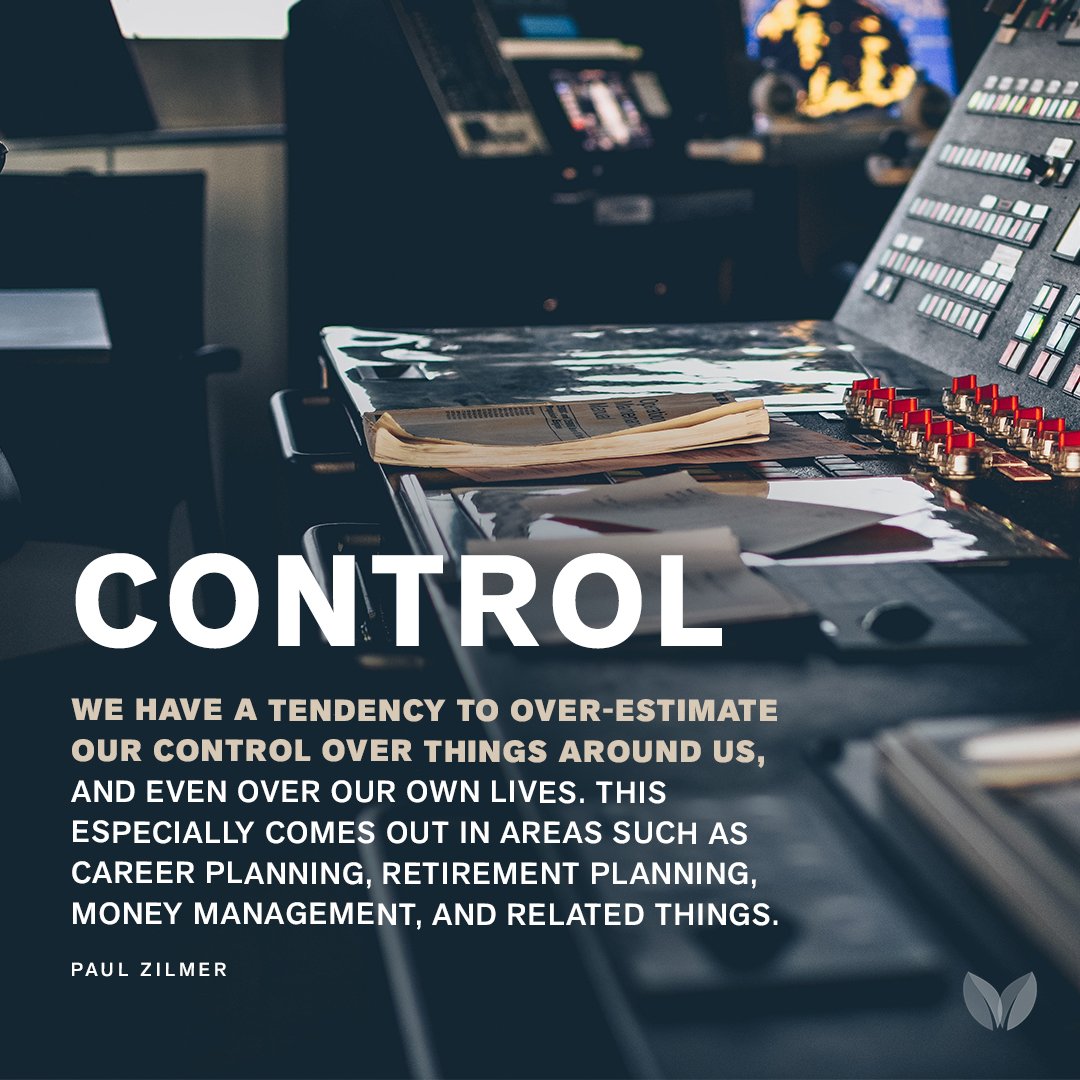WCF Blog

Tired of doing good
I’m sure I’ve written on this before. It’s something we, as the Lord’s disciples, need to remember—and more than that, put into practice. Just look around, and it’s clear that human beings in general adhere to it sporadically at best. Here it is:

Feeding
After Jesus feeds the crowd of 5,000, the next day members of the crowd chase Jesus down looking for another free meal (John 6:22-26). The Lord rebukes them sharply for it. Then he adds some of the most difficult teaching of his entire ministry, saying they have no life unless they eat his body and drink his blood (verses 41-60).

One thing
Matthew, Mark and Luke all record the incident when a rich young man asks Jesus what he needs to do to inherit eternal life. The man says he’s kept the commandments Jesus names. Jesus then replies, “You just need one thing…” (Mark & Luke), or “If you would be perfect…” (Matthew) The one thing is that the man must give away all his possessions. He’s very sorrowful over this, and goes away. Then Jesus expounds on how extremely hard it is for the rich to enter the Kingdom.


Principles of giving
On his third journey, the apostle Paul collects donations made by the churches he visits, to help out the believers in Jerusalem. Various representatives of those churches travel with Paul. Think about a time without credit cards, checks, or even paper money. Money at this time means metal—silver and gold coins. It takes numerous people just to carry it, and a large group would deter thieves.

Kiss
In the parable, when the father sees his prodigal son returning home, he runs to meet him and kisses him (Luke 15:20). When Jesus is invited to eat at Simon the Pharisee’s house, the Teacher rebukes his host for giving him no kiss (Luke 7:45). When Paul says goodbye to the Ephesian elders, they kiss him (Acts 20:37-38). Four times Paul exhorts his readers to greet one another with a holy kiss (Romans 16:16, 1 Corinthians 16:20, 2 Corinthians 13:12, 1 Thessalonians 5:26), and Peter says the same (1 Peter 5:14). There are quite a number of similar instances in the Old Testament as well.

What I want to be
Here’s what I want to be: Thankful, joyful, thoughtful, peaceful, faithful. Loving, praising, giving, forgiving. Patient, gentle, strong, prudent, content. A sympathetic listener, an active doer, a willing servant.

Excuses
God’s call of Moses is recorded for us in Exodus chapter 3 and the first half of chapter 4. Chapter 3 shows us the burning bush, God’s declaration that He has heard the groaning of the people of Israel, the revelation of the Memorial Name of the Almighty (YHWH), and the command that Moses confront Pharaoh with God’s demand for Israel’s release.

Bread
My wife and I made bread today. It’s not something we do very often, so it seemed kind of special. It got me to thinking about bread in the Bible. There’s a lot of it. It starts right at the beginning, when God pronounces the consequences of Adam’s sin: “By the sweat of your face you shall eat bread…” (Genesis 1:19) From here on, “bread” would stand for all food. Bread was the staple; if there was any food at all, there was bread.

Taught by the Lord
In his very first letter, the one to the churches of Galatia, Paul makes a big deal about being taught by the Lord Jesus personally, not taught by the original apostles:

Keep going
Endure. Persevere. Be steadfast. Hold fast. Be patient. Different ways of saying the same thing—a thing we have a really tough time doing. Some things are hard in the moment—they can be very hard indeed. But holding on for a long time may be the hardest thing.

Abram
Only a few pages in from the beginning of the Bible, we encounter Abraham. Actually, when we first meet him, his name is still Abram. If you’re familiar with the Bible, you know that this individual is a crucially important person in the development of God’s plan. He is important enough to be named 65 times in the rest of the Old Testament after his death, and 74 times in the New Testament.

The Forever Word
An unnamed psalmist (possibly David?) gave us Psalm 119, the great poem of admiration for the word of God. Among the 176 statements counseling us to honor the word, is verse 89: “Forever, O LORD, your word is firmly fixed in the heavens.”


Glory to the Name
Psalm 115 begins with a perfect prayer, an expression of humility that should be the start of any study or any work undertaken in the Lord’s service: “Not to us, O Lord, not to us, but to your name give glory, for the sake of your steadfast love and your faithfulness!” (verse 1) Perfect. Whatever is going to follow, it is begun with the absolutely right attitude.


Inattention
A tiny moment of inattention can change everything in an instant. A few days ago, I was driving on a narrow mountain road. I lost concentration for a moment, and did not realize I was drifting toward the sheer rock wall to my right. Didn’t realize, that is, until the front wheel struck a fallen rock at the foot of the wall. The loud bang that restored my attention was a combination of the front suspension being torn apart and all the airbags deploying. The car was totaled. Thanks to our heavenly Father, I and my two passengers were uninjured other than some bruising. It could have been so much worse.

Friends
These words of Jesus are very familiar. He spoke them at the “last supper”, the meal he shared with his disciples the evening before his death. But it wasn’t only a meal. It was the final teaching he was leaving with them to sustain them when he was condemned and executed. John devotes 5 full chapters to what he had to say that night. In the middle, he records Jesus saying this:

Increase our faith
The disciples once asked Jesus, “Increase our faith!” (Luke 17:5) We all feel that way sometimes, don’t we? What do we think would do the job, to increase our faith? I think a lot of people feel like they would believe, if there was just some physical evidence. Some kind of sign—not something obscure, something tangible and unmistakable.


